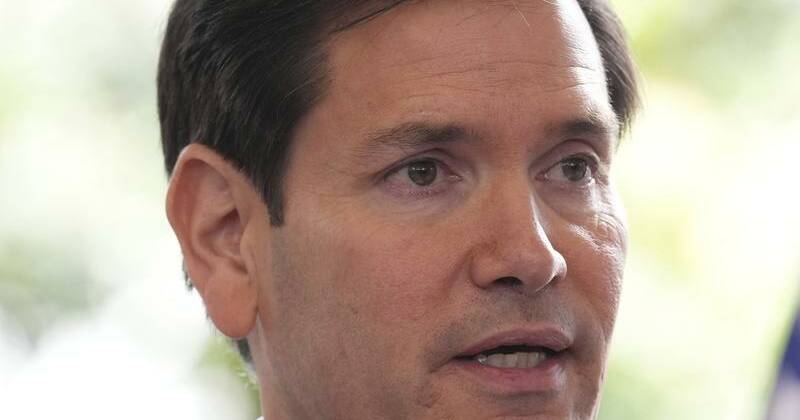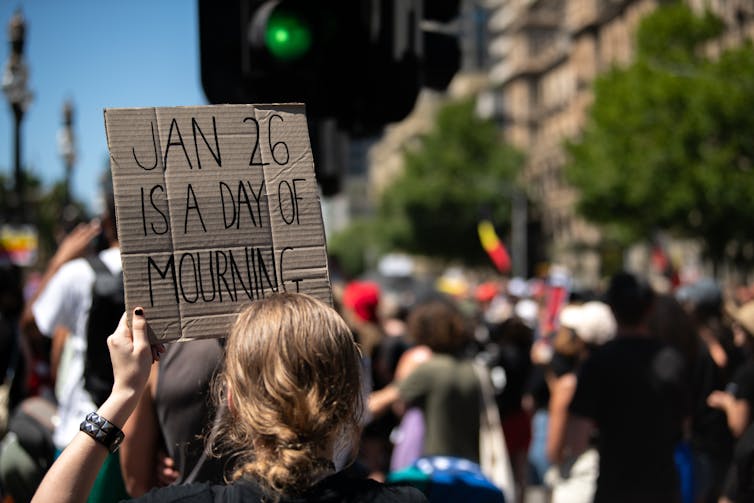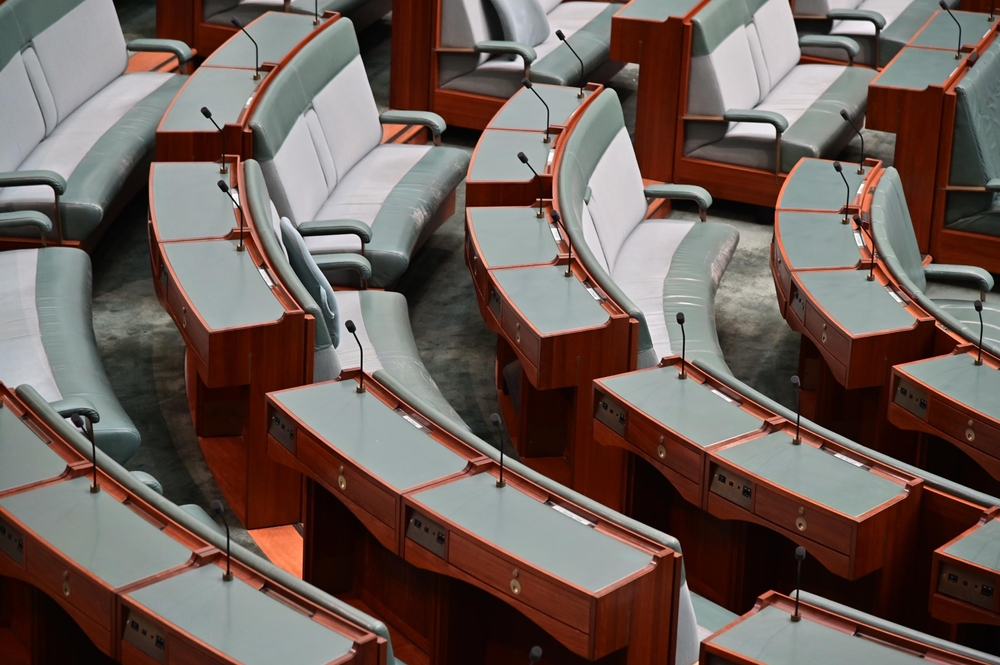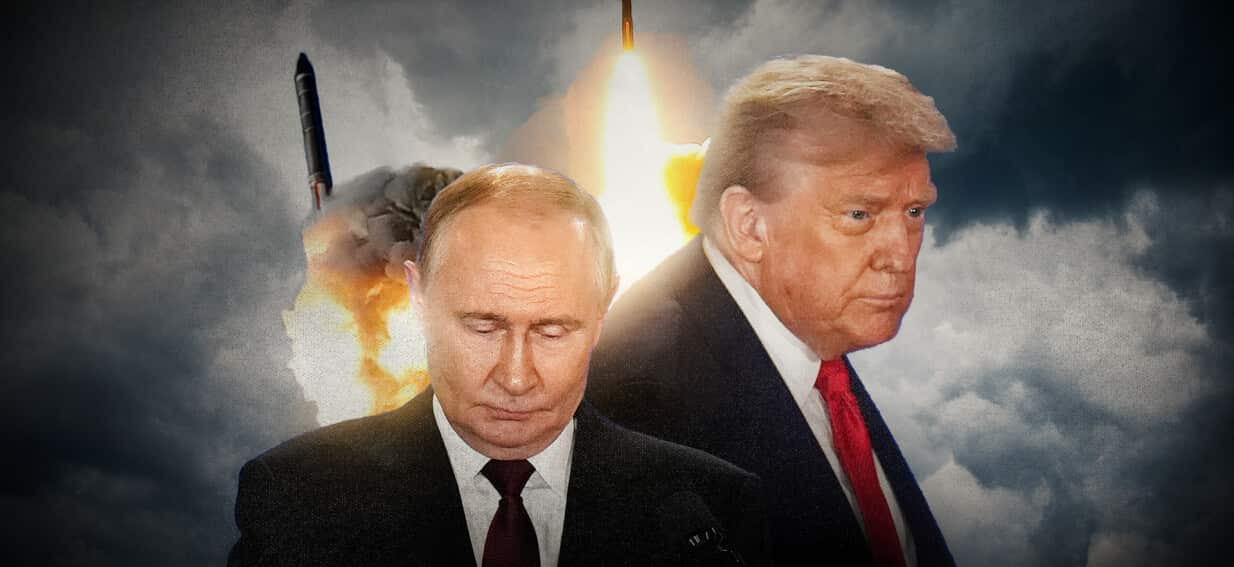
Tensions have escalated between the United States, Qatar, and Israel as diplomatic efforts intensify in the Middle East. Recently, Qatar’s Prime Minister, Sheikh Mohammed bin Abdulrahman Al Thani, engaged in crucial discussions with U.S. President Donald Trump and Secretary of State Marco Rubio, highlighting the Trump administration’s efforts to navigate complex relationships in the region.
The backdrop of these meetings is a growing rift, particularly between the U.S. and Israel, as Rubio prepares for a two-day visit to Israel starting on October 15, 2023. This visit comes amid increasing isolation for Israel, especially ahead of a contentious debate at the United Nations regarding the establishment of a Palestinian state, a move fiercely opposed by Israeli Prime Minister Benjamin Netanyahu.
During a recent gathering at the White House, Rubio and Vice President JD Vance met with the Qatari Prime Minister, indicating a united front in support of Qatar’s mediating role in the ongoing conflict. Following this, Trump and special envoy Steve Witkoff had dinner with Al Thani in New York, coinciding with the anniversary of the 9/11 attacks.
The situation is complicated by Israel’s military actions against Hamas, which have taken place in Qatar’s capital. These actions have drawn criticism from various Gulf leaders, uniting them in their discontent. Trump has distanced himself from Israel’s recent military strikes, stating they are counterproductive to both Israeli and American interests. He reassured Qatar that such actions would not be repeated, signifying the delicate diplomatic balance the U.S. is attempting to maintain.
The conflict initiated by Hamas’ attack on October 7, 2023, has raised alarms about the potential undermining of broader peace initiatives in the Middle East. With Saudi Arabia, the United Arab Emirates, and Qatar expressing their anger, the U.S. faces increasing scrutiny over its support for Israel.
As Rubio’s visit approaches, he is expected to meet with families of hostages still held by Hamas, many of whom oppose Israel’s plans to occupy Gaza City. The State Department emphasized that addressing the status of these hostages will remain a top priority during his discussions. Rubio’s itinerary will also involve talks with Israeli leaders regarding the nation’s operational objectives in Gaza and efforts to discourage European nations from recognizing a Palestinian state.
While in Israel, Rubio plans to visit the City of David, a significant archaeological site situated in the Palestinian neighborhood of Silwan in contested East Jerusalem. This site, which contains remnants of the ancient city, is viewed by critics as part of a nationalistic agenda detrimental to Palestinian residents.
The international community has largely rejected Trump’s recognition of Jerusalem as Israel’s capital in 2017, insisting that the city’s status should ultimately be resolved through negotiations. Thus far, only a few smaller nations have followed the U.S. lead in this matter, while the majority of global leaders maintain that a resolution must be achieved through diplomatic discussions.
As the U.S. continues to navigate its relationships with both Qatar and Israel, the outcomes of these diplomatic engagements will significantly impact the ongoing conflict and the broader quest for stability in the region.






